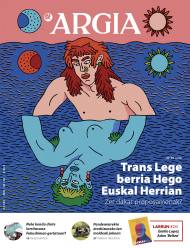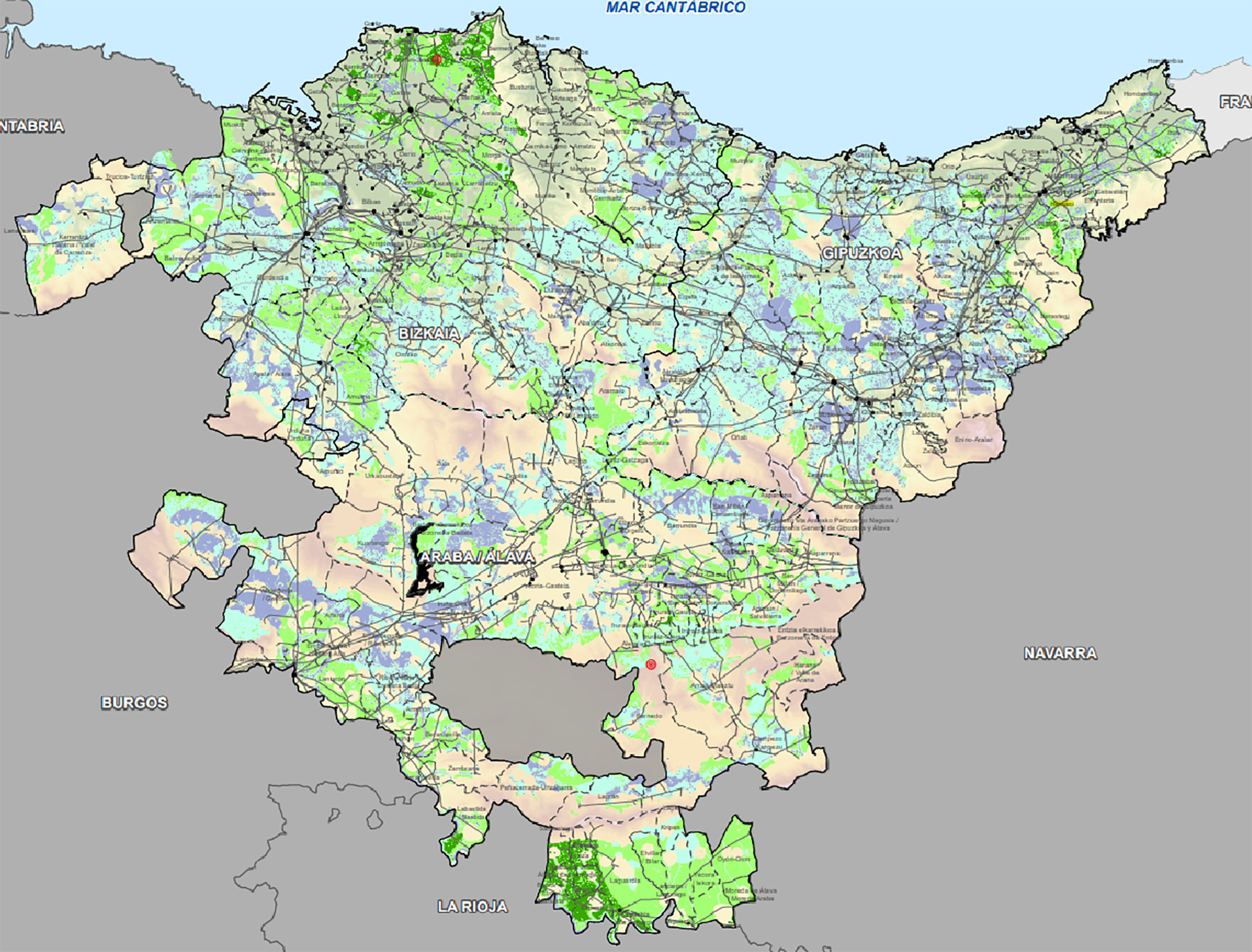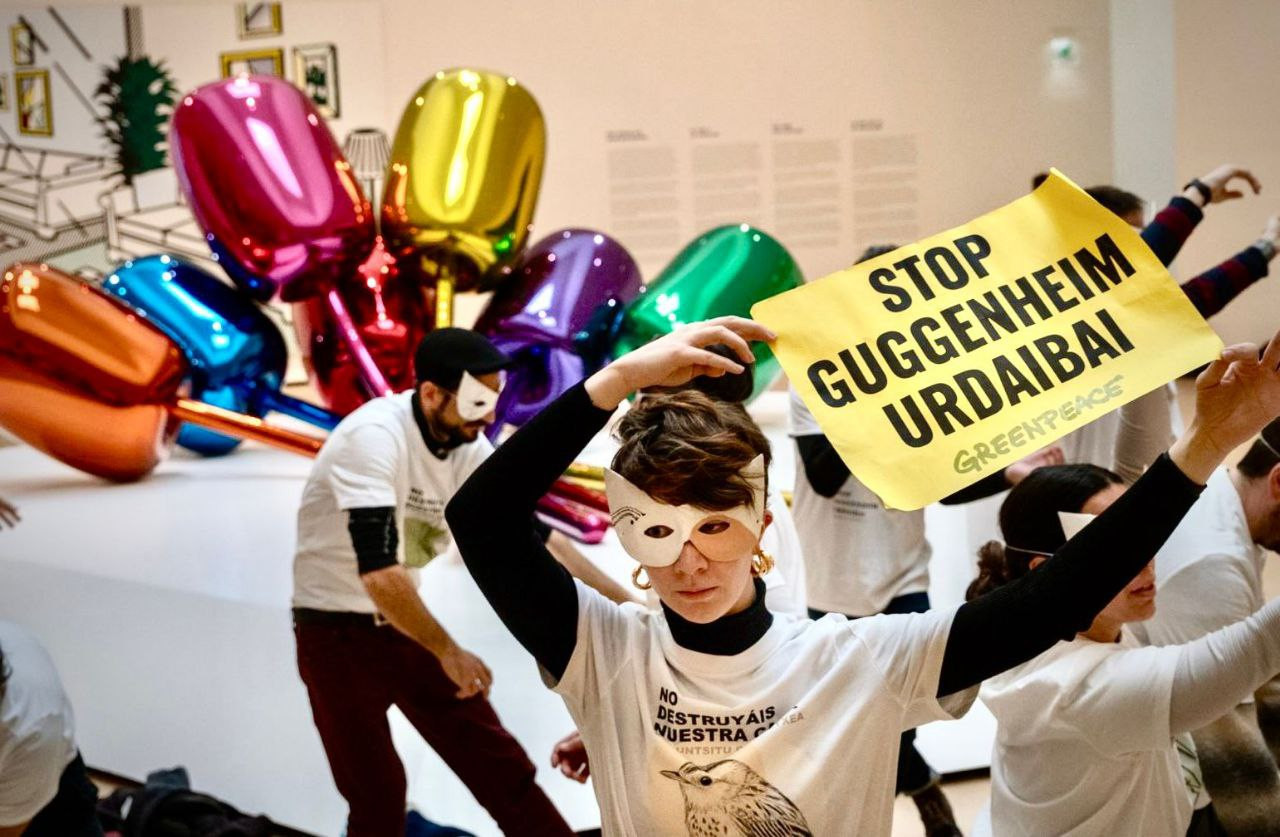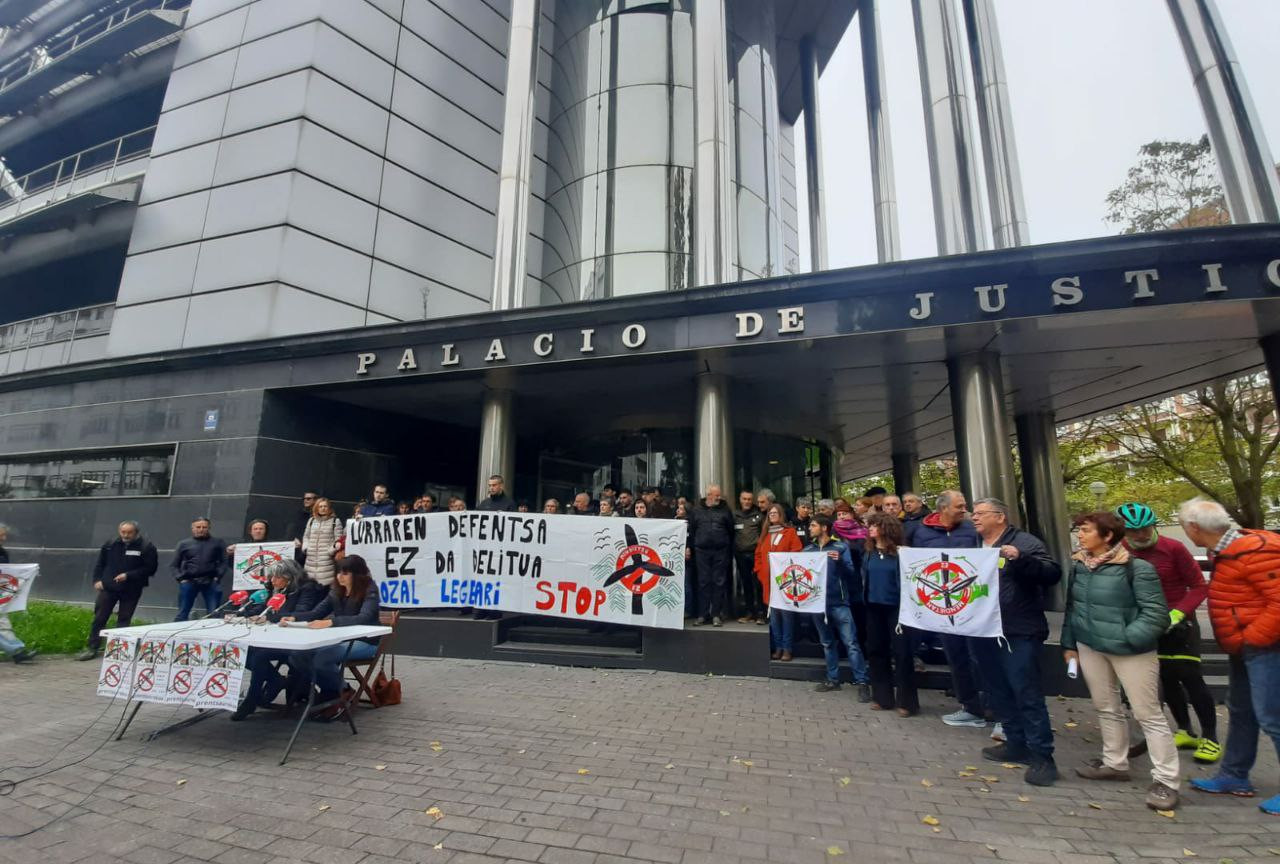"Hydrogen is a circular solution for the business and image of Petronor"
- Maitane Arri Escudero is a member of Ekologistak Martxan (1977, Las Arenas). After many years as a graduate and translator in Basque philology, the M15 movement aroused its passion for ecosocial activism. It focuses on politics, public management and the activity of transnational companies rather than on individual responsibility, taking as its axis the feminist vision of environmentalism.
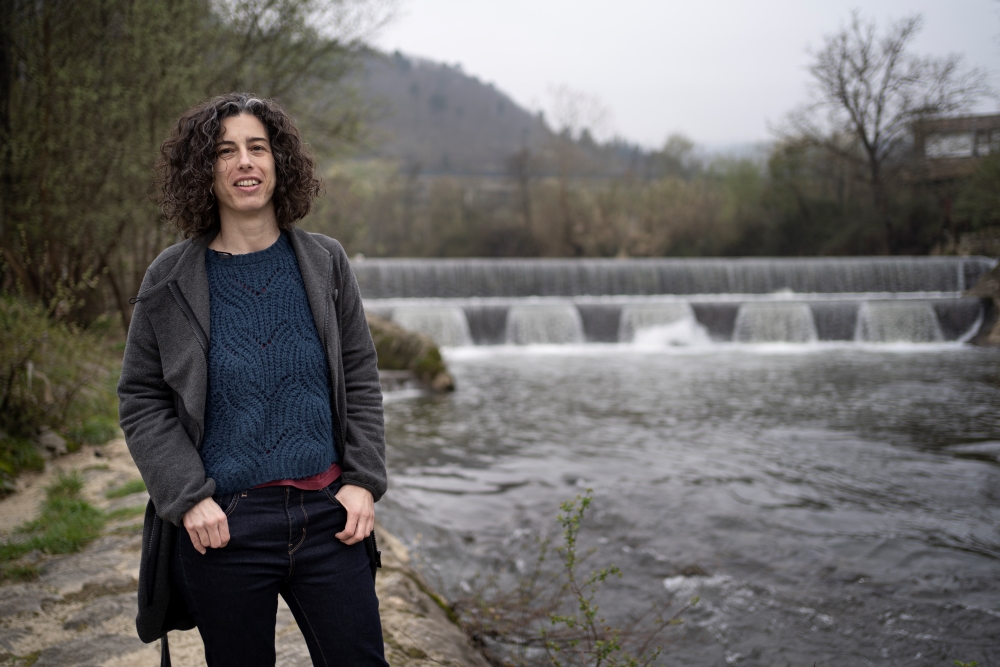
The European funds are intended to promote projects aimed at ecological transition. Who will be behind these projects? The
Basque Government has embarked on a road against resilience and fair ecological transition. By prioritizing the public-private partnership, big corporations will receive money. The main recipients of these “strategic” projects are Petronor, Iberdrola, Repsol, Euskaltel or CAF. In addition, half of the projects presented are in the conceptual development phase, whose viability is not garantizada.La green hydrogen production among these projects has gained prominence in the headers of the
media and in the statements of politicians. What do we know about this? The
model being promoted for decarbonisation is the largest infrastructure and the hydrogen strategy comes within this logic. It is designed to offer solutions to the gas industry, in order not to change anything in the production and consumption model in a globalised world. The most efficient use of hydrogen would be fuel for machinery and heavy transport and for the high-temperature industry, all of which are areas of difficult decarbonisation. In any case, the efficiency level reaches 40-60%.
So?
The reduction in consumption that the planet needs is not being promoted, nor is the road being made from centralization to mass distribution. In addition, access to this blind street can only be profitable for companies thanks to public money.
Is the Basque Hydrogen Corridor born from the hand of Petronor - Repsol, a greenwashing strategy? Petronor
and Repsol have known for years that the activity of the Muskiz plant must be changed, that oil will soon cease to be profitable. Like the European petrochemical industry, Petronor has found a circular solution with hydrogen: for his business and his image. But what they sell us as ecological transitions is not that green. The hydrogen produced by Petronor is derived from fossil gas for several years. In addition, it will build an incinerator that will burn garbage in the Port of Bilbao to extract gas from it and use it in the hydrogen generation process.

The President of the European Union, Ursula Von der Leyen, has presented the New Green Pact as a “growth strategy”. Apart from major infrastructure, the energy transition
is based on consumption growth, focusing on the simple change of sources without changing the model. We will soon have problems with the reserves of irreplaceable materials and with the waste of this energy transition
tica.Una of the conditions for access to European funds is also access to digitalisation. Is it compatible with the ecological transition?
Digital development has a great material counterpart: the exploitation of materials, the emission of greenhouse gases, the intensive use of energy, international information systems, waste… Industry 4.0 has been the subject of strong criticism in recent years, which have been spared by administraciones.Las renewable energies
are the current commitment to decarbonisation. These projects are denounced by human rights defenders in Latin America as “colonizers”.
Transnational corporations cross territories and bodies, mainly women's bodies. That's why we often talk about energy colonialism. Stractivism continues around the world: Iberdrola, for example, is building a wind macropark in Mexico. First, it has not consulted its indigenous peoples against the provisions of International Labour Organization Convention 169. The project will jeopardize the territory that guarantees the lives of indigenous peoples and the traditional economy, especially that which contributes to the autonomy of women. Iberdrola's businesses, therefore, are neither green nor morados.Las indigenous
women of Latin America are references in the claim of Earth, nature and life in general. What do we have to learn? Ecofeminism
and the territorial/body binomial of Latin America can be very suggestive for us, but there are many ways to implement it. In Euskal Herria, for example, an ecofeminism is being built that understands agroecology as a collective care, or that sees public space as a space for care, or an antimilitaristic ecofeminism.
As long as the growth paradigm is not abandoned, how does it envisage the coming years?
The consumption of energy and materials needed to maintain the current megastructure is exceeding the biophysical limits of the planet. The solution is not to replace fossil energy with renewable energy sources. We must reduce our consumption and growth levels.
look for transverse visions of problems, as a sign of everything there is to learn. In activism I am weaving networks, one of the most beautiful works are those carried out with the confederation Ekologistak Martxan and the Women's Network for the Ecofeminist Energy Transition. Each territory must build its own ecofeminism, because it is a worldview. In the energy sector, the decision is due to the citizens, requiring all the remodeling”.
Euskal Herri osoan zehar daude mehatxupean hamaika baso, zelai, mendi zein nekazal lur. Horien defentsan diharduten tokian tokiko plataforma asko bildu dira larunbatean Gasteizen, EH Bizirik-ek deituta, inguru naturalaren “suntsiketaren” eta makroproiektuen... [+]
Dakota Access oliobidearen kontrako protestengatik zigortu du Ipar Dakotako epaimahai batek erakunde ekologista, Energy Transfer Partners enpresak salaketa jarri ostean. Standing Rockeko sioux tribuak protesten erantzukizuna bere gain hartu du.
Sareak nabarmendu du Euskal Herri osoko eragileak daudela bertan eta deialdiak 140tik gora atxikimendu jaso dituela: "Horrek islatzen du zein den gaur egungo errealitatearen urgentzia, lurraren defentsaren beharra eta auziarekiko dagoen konpromezua".
Greenpeaceko kideak Dakota Acces oliobidearen aurka protesta egiteagatik auzipetu dituzte eta astelehenean aztertu du salaketa Dakotako auzitegiak. AEBko Greenpeacek gaiaren inguruan jasango duen bigarren epaiketa izango da, lehenengo kasua epaile federal batek bota zuen atzera... [+]
In recent weeks we have been reading "proposals" for the recovery of the railway line Castec-Soria and the maintenance of the Tudela train station in its current location, or for the construction of a new high-speed station outside the urban area with the excuse of the supposed... [+]
The restoration of the natural characteristics of the beach of Waukee began three decades ago and continues without interruption in the staged restoration to counterclockwork.
Samuel (Bizkaia) is an exceptional space, very significant from the natural and social point of view... [+]









